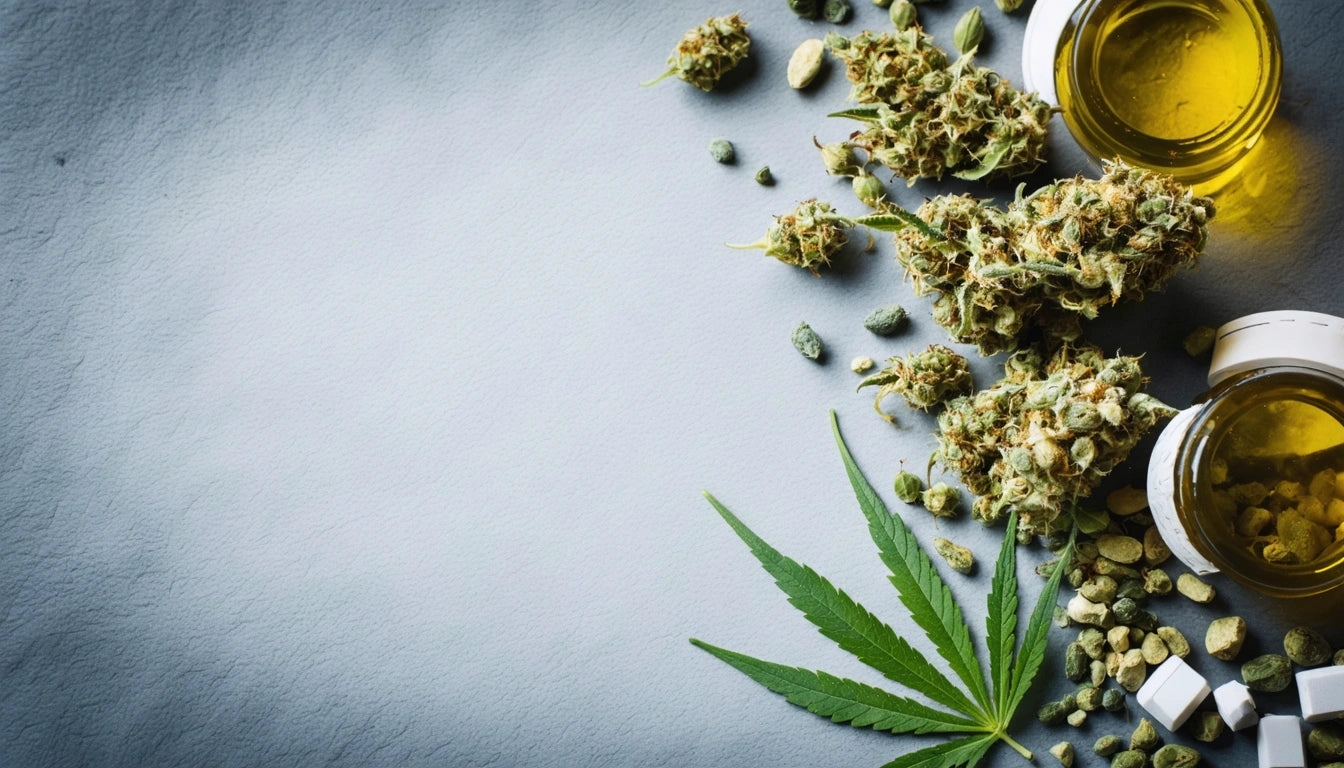Table of Contents
- Hemp Seeds Composition: THC Content and Nutritional Profile
- Drug Testing Basics: How Tests Detect THC
- Risk Factors: When Hemp Seeds Might Trigger a Positive Result
- Research Findings on Hemp Seed Consumption and Drug Tests
- Minimizing Risks: How to Safely Consume Hemp Products
- Future Considerations for Hemp Consumers and Testing Standards
Can Hemp Seeds Cause a Positive Drug Test?
Hemp seeds have gained popularity as a nutritional powerhouse, but many consumers worry about potential consequences when it comes to drug testing. The question "will hemp seeds test positive" is common among those who enjoy these nutritious seeds but face workplace drug screening. This comprehensive guide explores the science behind hemp seeds, THC content, and drug testing to help you make informed decisions.
Hemp Seeds Composition: THC Content and Nutritional Profile
Hemp seeds come from the Cannabis sativa plant, the same species that produces marijuana. However, hemp varieties are specifically cultivated to contain minimal amounts of THC (tetrahydrocannabinol), the psychoactive compound associated with marijuana's effects.
According to this comprehensive guide on hemp seeds, properly processed hemp seeds typically contain less than 0.3% THC, the legal threshold that distinguishes hemp from marijuana. This trace amount exists primarily in the seed's outer hull or shell, not in the nutritious inner portion.
Nutritional Benefits Despite THC Concerns
Hemp seeds offer impressive nutritional benefits, including:
- Complete protein with all essential amino acids
- Omega-3 and omega-6 fatty acids in an optimal ratio
- Rich source of vitamin E, phosphorus, potassium, and magnesium
- High fiber content in the shell (hull)
These nutritional properties make hemp seeds attractive despite concerns about drug testing, as detailed in this article on hemp seed health benefits.
Drug Testing Basics: How Tests Detect THC
Standard drug tests don't actually look for THC directly but rather for THC-COOH, a metabolite produced when your body processes THC. Most employment drug screens use urine tests with detection thresholds typically set at 50 ng/mL for initial screening, with confirmatory tests having lower thresholds of 15 ng/mL.
Different testing methods have varying sensitivity levels and detection windows:
- Urine tests: Can detect THC metabolites for 3-30 days after use
- Blood tests: Generally detect THC for 1-2 days after use
- Hair tests: Can detect THC metabolites for up to 90 days
- Saliva tests: Typically detect THC for 24-72 hours after use
Understanding these testing mechanisms helps explain why cannabis shows up in blood tests differently than in urine or hair tests.
Risk Factors: When Hemp Seeds Might Trigger a Positive Result
Several factors influence whether hemp seeds might cause you to test positive for THC:
Quality and Processing Methods
The way hemp seeds are processed significantly impacts their THC content. Properly cleaned and processed seeds have minimal THC, while unprocessed seeds may retain more THC-containing plant residue on their shells.
When manufacturers use specialized equipment like commercial-grade processing machines to clean and prepare hemp seeds, the risk of significant THC contamination is substantially reduced. These professional processes ensure more thorough removal of the outer shell where most THC residue resides.
Quantity Consumed
Consuming extremely large amounts of hemp seeds, especially unprocessed ones, increases the risk of accumulating detectable levels of THC metabolites. Most studies suggest normal dietary consumption is unlikely to trigger a positive result, but excessive amounts might present a risk.
Individual Metabolism
Factors like body composition, metabolism rate, and hydration levels affect how quickly your body processes and eliminates THC metabolites. Some individuals may process these compounds more slowly, potentially increasing detection windows.
Research Findings on Hemp Seed Consumption and Drug Tests
Scientific studies have investigated whether eating hemp seeds can cause a positive drug test. Most research indicates that consuming moderate amounts of properly processed hemp seeds is unlikely to result in a failed drug test.
A frequently cited study published in the Journal of Analytical Toxicology found that participants consuming hemp seed oil (which typically contains more THC than cleaned seeds) did show detectable levels of THC metabolites, but most remained below the standard cutoff thresholds used in drug testing.
As explored in this article on hemp products and drug testing, products like hemp seed oil may pose a slightly higher risk than hulled hemp seeds because oils can concentrate the compounds found in the plant material.
Minimizing Risks: How to Safely Consume Hemp Products
If you're subject to drug testing but still want to enjoy the benefits of hemp seeds, consider these precautions:
- Choose hulled (shelled) hemp seeds, which contain less THC than whole seeds
- Purchase from reputable manufacturers who properly clean their seeds
- Look for products that specify they're tested for THC content
- Moderate your consumption, especially before known drug tests
- Consider temporarily discontinuing use 1-2 weeks before scheduled drug tests
These considerations apply not just to hemp seeds but to other hemp-derived products as well. Understanding THC content in various hemp products can help you make safer choices.
Future Considerations for Hemp Consumers and Testing Standards
As hemp products become more mainstream, testing standards and regulations continue to evolve. Some experts advocate for adjusting drug testing thresholds to account for legal hemp consumption, similar to how tests distinguish between morphine use and poppy seed consumption.
Until such changes occur, consumers should remain cautious. If you're concerned about whether consuming seeds like hemp might affect drug test results, consider discussing your hemp seed consumption with your testing provider or employer's HR department before a scheduled test.
The question "can hemp seeds cause positive drug test" has a nuanced answer: while the risk is generally low with moderate consumption of quality products, it cannot be completely eliminated. As with many health and legal considerations, awareness and informed choices remain your best protection against unwanted test results.











Leave a comment
All comments are moderated before being published.
This site is protected by hCaptcha and the hCaptcha Privacy Policy and Terms of Service apply.